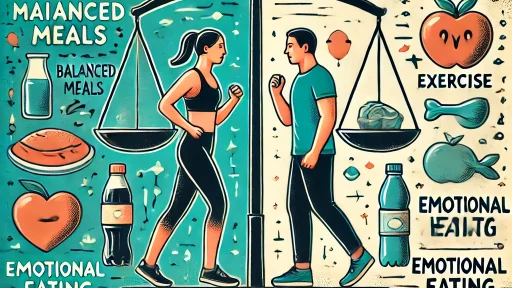A Sweet Discovery
Ever thought your favorite treat could be good for you? Scientists have uncovered evidence that eating dark chocolate—yes, the bittersweet kind—might help reduce your risk of developing type 2 diabetes.
Flavonoids to the Rescue
The magic lies in natural compounds called flavonoids, abundant in dark chocolate. These compounds may improve how your body uses insulin, the hormone that regulates blood sugar. Insulin acts like a key, unlocking your cells so they can absorb sugar from your blood. When insulin doesn’t work effectively, blood sugar levels rise, increasing the risk of type 2 diabetes. Dark chocolate, compared to its milkier counterpart, delivers a stronger dose of these beneficial flavonoids with less sugar and fat.
Managing a Global Health Challenge
With type 2 diabetes affecting millions worldwide, prevention is critical. While dark chocolate isn’t a cure-all, incorporating a small square of high-quality dark chocolate (70% cocoa or more) into your diet could offer a tasty way to help manage blood sugar levels. Just remember: moderation is key, and not all chocolates are created equal!
Food as Medicine
This research highlights how food choices impact long-term health. It reinforces the idea that small, enjoyable dietary changes—like choosing dark chocolate over sugary snacks—can yield meaningful benefits. Researchers hope future studies will explore flavonoids in other foods, potentially paving the way for new nutritional strategies to combat chronic diseases like diabetes.
A Delicious Opportunity
Next time you crave something sweet, consider opting for a piece of dark chocolate. It’s a simple, satisfying choice that could help your health in the long run.
Source: Scimex – Eating dark (but not milk) chocolate may reduce your risk of type 2 diabetes





